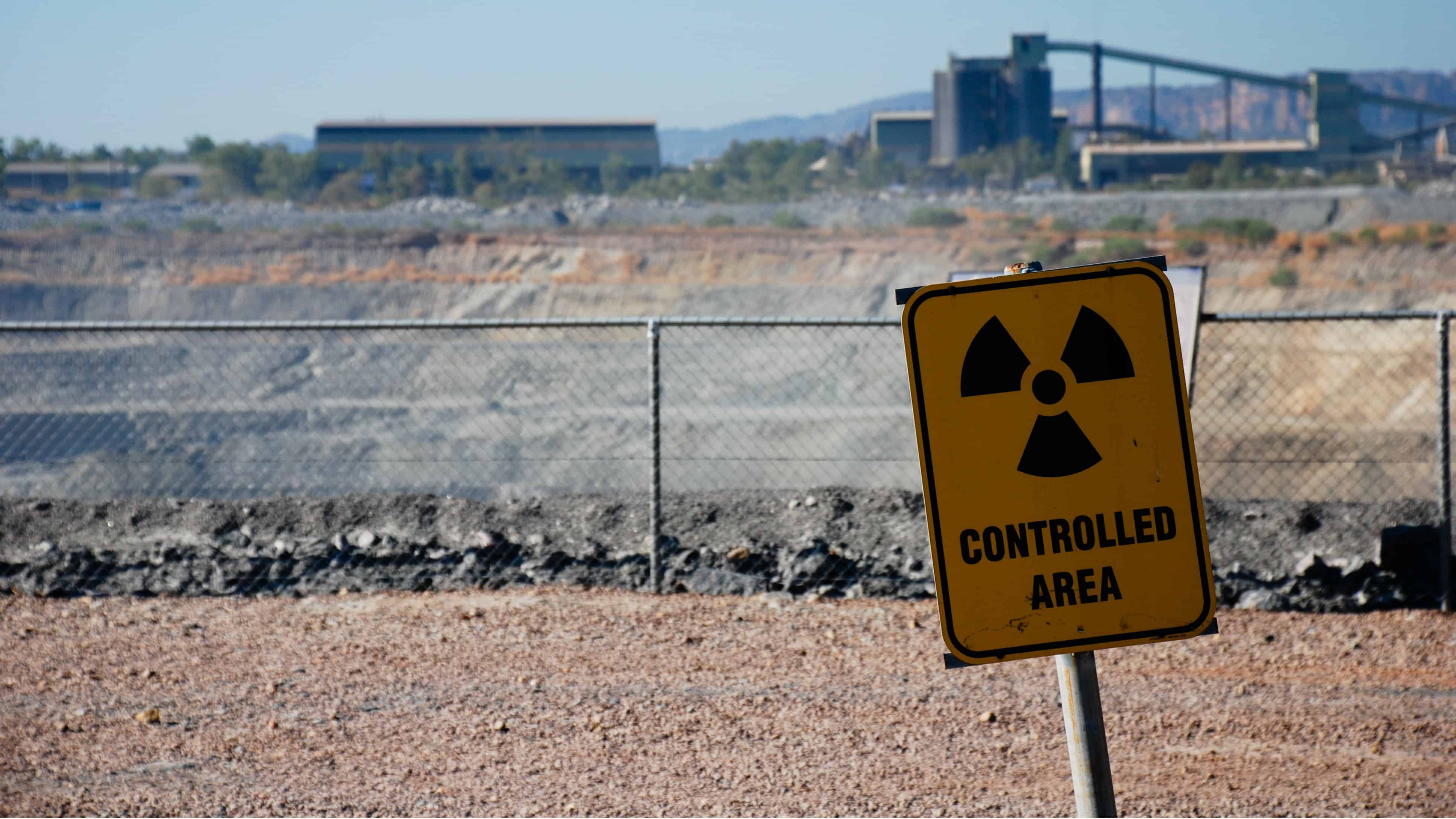It is more important now than ever to stay on top of your investments. One tweet can lead to significant price movements. Ignore fundamentals; it’s all about momentum investing.
This is particularly true when President Trump takes to Twitter. This year, the stock market has been heavily influenced by tariffs. The United States is mired in mini-trade wars with a good number of its trading partners.
Caught in the cross-hairs have been companies that rely significantly on cross-border trading — case in point: auto-part manufacturers. Since the U.S. administration imposed hefty aluminum and steel tariffs, Canadian industry heavyweights Magna International and Linamar have lost 8% and 10% of their value, respectively.
What’s next? Say what you will, but at least the president’s administration is an open book. The next metal under the microscope is uranium — not good for a metal that has been in an eight-year bear market.
U.S. miners claim it is difficult to compete with state-subsidized companies in Eastern Europe. Domestic miners supply only 5% of U.S. uranium consumption, down from 11% just two years ago and 49% from their peak in 1987.
Significant impact on Canada’s largest producer
Much like steel, Canada is the biggest supplier to the U.S., providing approximately 25% of the U.S.’s imported uranium.
What does this mean? It means companies like Cameco (TSX:CCO)(NYSE:CCJ) may follow a similar fate to those impacted by the steel and aluminum tariffs.
The announcement of an investigation into whether or not uranium imports threaten U.S. national security prompted an immediate response by Cameco. Unfortunately, it did little to re-assure investors.
One quote from Cameco’s president and CEO Tim Gitzel stood out: “If the issue in question is the overreliance of the United States on uranium supplied by state-controlled enterprises from countries not aligned with American policy interests, this clearly does not apply to Canada or Cameco.”
If the company is relying on mutually aligned policy interests between Canada and the U.S., I’ve got bad news for Gitzel: they mean very little. To date, Trump has shown little in the way of concern for allies. Canada made the same policy argument for steel and aluminum exports to no avail.
How significant will the impact be? It’s tough to say. The U.S. is Cameco’s largest customer by country and accounts for approximately 30% of the company’s sales. If the tariffs result in higher prices for the commodity, this could be a good news story for the company. Since 2011, the market has been flooded, and the price of uranium has cratered down from $70 to $20 an ounce.
The company does have an ace in the hole. Cameco could consider restarting its now dormant U.S. mines which are under care and maintenance. If fully operational, Cameco would be the largest uranium producer in the U.S.
In such a case, if the government pushes U.S. federal utilities and agencies to buy U.S. uranium, Cameco could be in a position to benefit.
Bottom line
The industry is now mired in even greater uncertainty than before. The review is expected to take approximately nine months. Until there is more clarity behind the review and potential tariffs, I would avoid the industry in its entirety.







